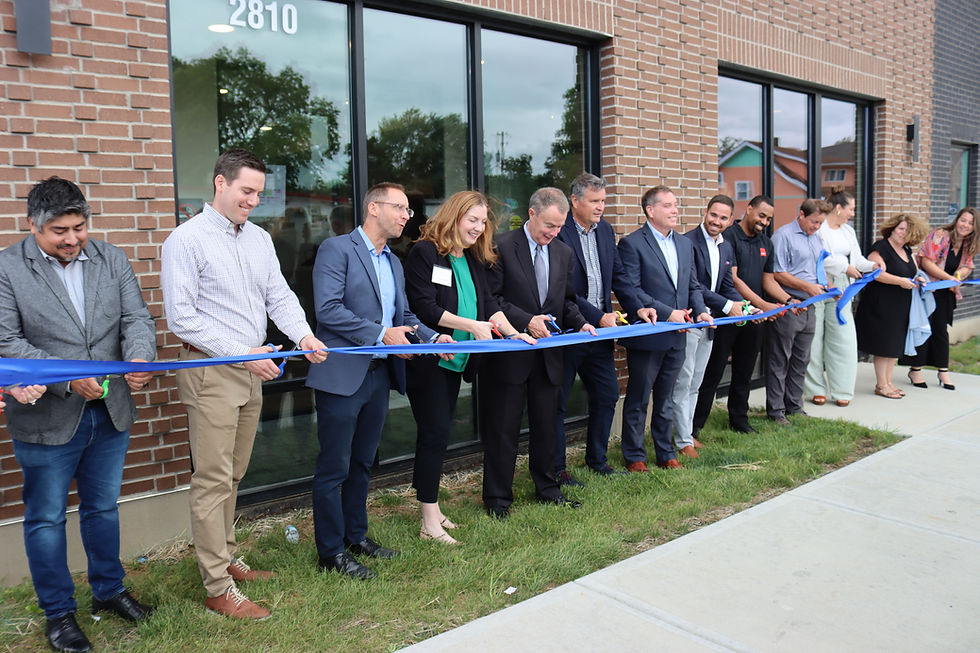We Cannot Afford to Ignore Housing in the Federal COVID-19 Response
- Jun 8, 2020
- 2 min read
Updated: Nov 1, 2022
By Jeff Whiting, President & CEO
Although the new normal brings a daily dose of bad news, we can take some solace in the fact that policy makers appear to have learned lessons from past mistakes in handling public health and economic crises. However, there is one glaring area that has yet to be fully addressed and it’s one of the most important cornerstones of the economy: housing.
With millions of Americans queuing in unemployment lines and rent checks due every first of the month, we have yet to see direct assistance for both renters and the housing market at large.
For at least the last decade, demand for affordable housing has outpaced available supply; COVID-19 exacerbated the crisis. Research from the non-profit Up for Growth pegged the national housing shortage at 7.4-million units, measured from 2000 – 2015. The simple fact is we, as a nation, did not have enough housing affordable to low-income households, and even those making closer to average wages. This lack of affordable housing affects families, seniors, veterans, first responders, teachers and millions who are vital to our national economic well-being, while increasing ranks of the homeless and housing insecure.
Fortunately, the federal government has the opportunity to not only ensure people can remain in their houses and rent comes in on time, but create a more equitable system for the future.
As a start, Congress should pass the Emergency Rental Assistance Act of 2020 (HR 6314), introduced by Rep. Denny Heck (D-WA). This bill would allocate up to $100 billion for short-term rental assistance to low- and moderate-income tenants who are affected by COVID-19. The impact of this deadly virus on the housing market will be severe; in the first month of the crisis, only 69% of renters paid their rent on time, compared to 82% a year earlier.
Comprehensive federal assistance is necessary to keep renters in their homes and to ensure that property owners – many of whom are small businesses themselves – have the necessary funds to continue operations and to prevent the already severe shortage of affordable housing from getting far worse.
The Administration can provide immediate assistance through Fannie Mae and Freddie Mac (GSEs). Unlike in 2008, GSEs have the financial wherewithal Congress intended: to stabilize the country’s housing in a countercyclical market. They can do so by working with mortgage servicers and by increasing their capacity to invest in affordable housing under a rule issued during the Trump Administration.
Finally, Congress can increase production of affordable housing units by enacting what is known as the “4 percent fixed housing tax credit,” part of the formula that determines the amount of equity capital that will flow into affordable housing. That’s the capital that makes this housing feasible and affordable for qualified residents.
Even in the middle of a crisis, there is a way to address pressing housing challenges while setting ourselves up for a better tomorrow. It will require action of the Congress to pass direct rental assistance and enable the private sector to build more affordable housing. It will take support from the Administration, in the form of increasing the role of GSEs in the mortgage and housing tax credit equity markets. We simply need to apply some of the hard lessons of the recent past to the affordable housing crisis of the present.



